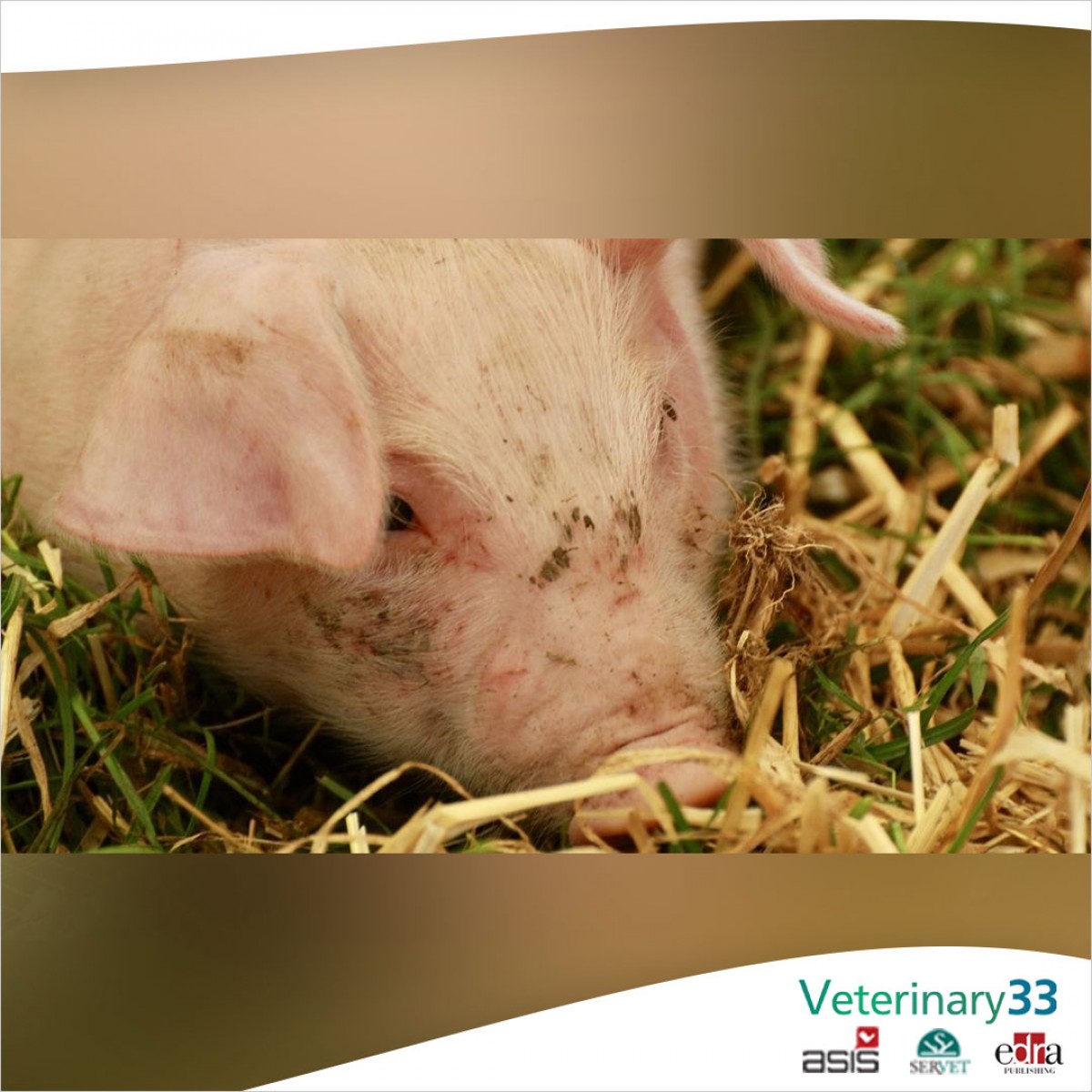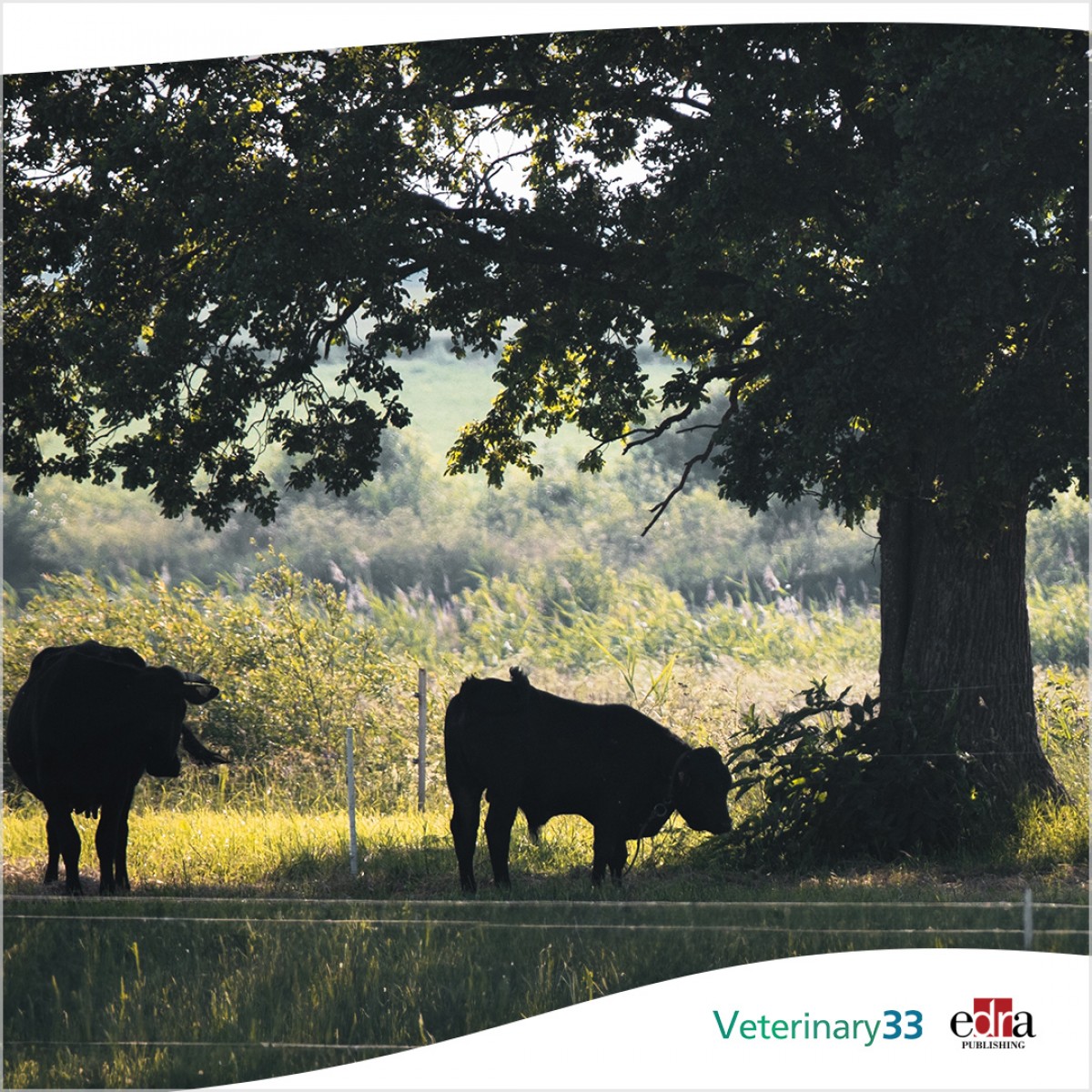How to make food that is produced by animal origin healthier
The relationship between food and health is becoming clearer among consumers and, due to this, nutritional aspects have a greater influence on the decision to purchase certain products. In addition, the controversy surrounding the consumption of food of animal origin affects the sustainability of many farms and livestock activity in the same way.
In this context, the design of new formulas in the diet of animals that provide a healthier plus for consumers of foods of animal origin is the objective of the NUTFOOD collaborative research project. Funded by the Basque Government, the project has the participation of the Basque Institute for Agricultural Research and Development (NEIKER), as well as the Leartiker technology center as project leader, the Metabolomips research group belonging to the University of the Basque Country ( UPV/EHU), the ISS Bioaraba Health Research Institute and the Tecnalia technology center.
Within this project, NEIKER has evaluated the use of oils and cakes from oilseeds obtained locally, such as flax, rapeseed or sunflower. These seeds go through a mechanical cold-pressing process through which oil and cake are extracted, which on this occasion have been used to formulate feed for pigs and sheep to improve the nutritional profile of the meat and milk produced. of these animals.
“We have concluded that flax constitutes an interesting and optimal raw material for feeding animals and for producing foods of animal origin, both meat, and milk, with healthier nutritional characteristics,” explains Roberto Ruiz, head of NEIKER's Animal Production department.
Trials with three feed formulas
To reach this conclusion, two trials were carried out, one with sheep and the other with pigs, for which three different feed formulas were designed for each livestock species, which were compared with a conventional feed.
In the case of pigs, they had 24 animals provided by the Basatxerri association. These pigs were divided into 4 groups of 6 animals each, and each group was fed a different feed: the usual feed as a control treatment without any addition of fat, compared to feed that included sunflower, flax or rapeseed oil in its formulation. .
“According to the results, the fat composition of the animals fed the oilseeds generally had a healthier fatty acid profile than the group fed the usual feed. However, meat from pigs fed feed formulated with linseed oil showed significantly higher values for these healthy components”, adds the NEIKER expert.
In addition, the animals fed with the feed formulated with linseed oil registered growth and slaughter weight similar to those of the control treatment, and higher than those fed with the rapeseed and sunflower feed.
On the other hand, in the case of sheep, they carried out a similar trial in which feed was formulated with oilseed cake (flax, sunflower and rapeseed) and compared with a group fed with commercial-control feed.
“The milk of the groups fed with feed formulated with oilseed cake presented a healthier fatty acid profile. And, in this case, the milk from sheep fed with feed formulated with flax cake also presented a fat profile with more beneficial properties for health," Ruiz points out.
The next steps of the project
Once the use of flax as a source of high nutritional value in animal feed has been validated, the next steps of the NUTFOOD project will be to prepare and analyze meat derivatives (hamburgers and cured sausages) and dairy products (yogurt and cured cheese), as well as carry out nutritional clinical trials with healthy consumers to investigate the beneficial effects of these products on human health within the framework of a healthy diet.














List
Add
Please enter a comment